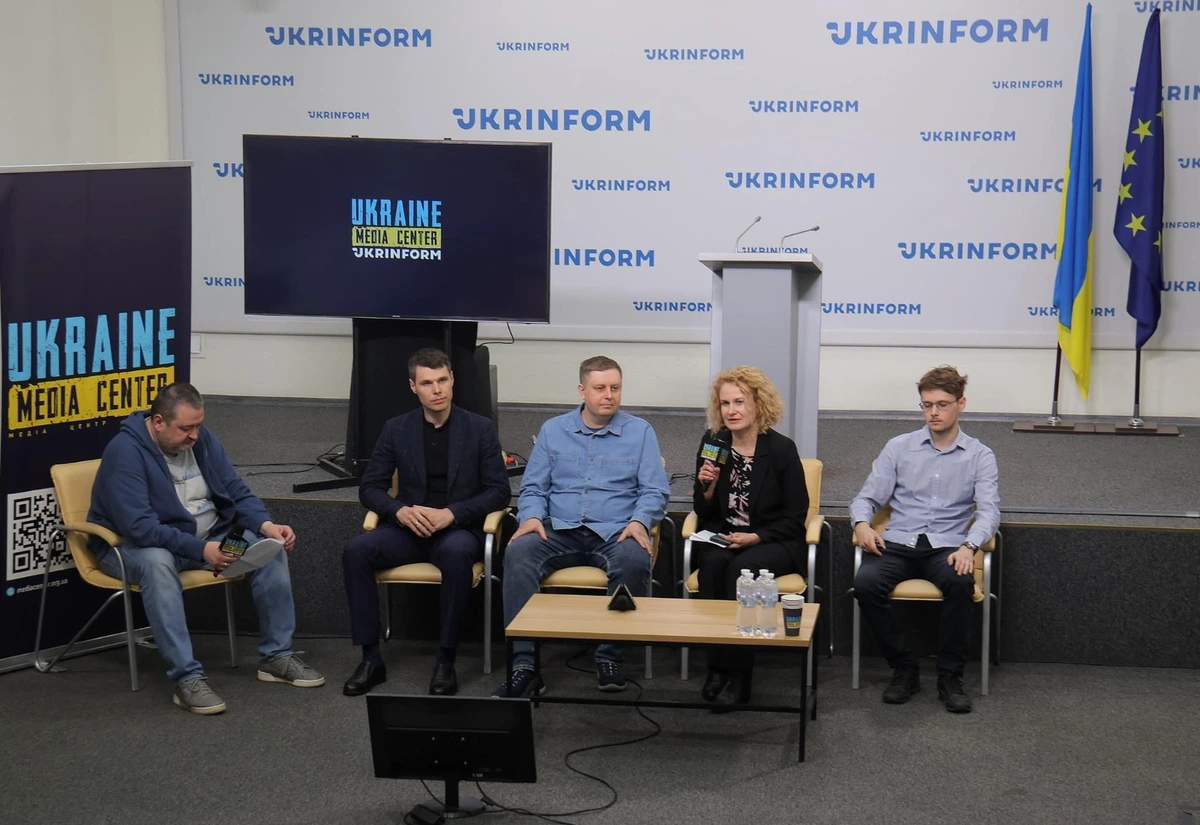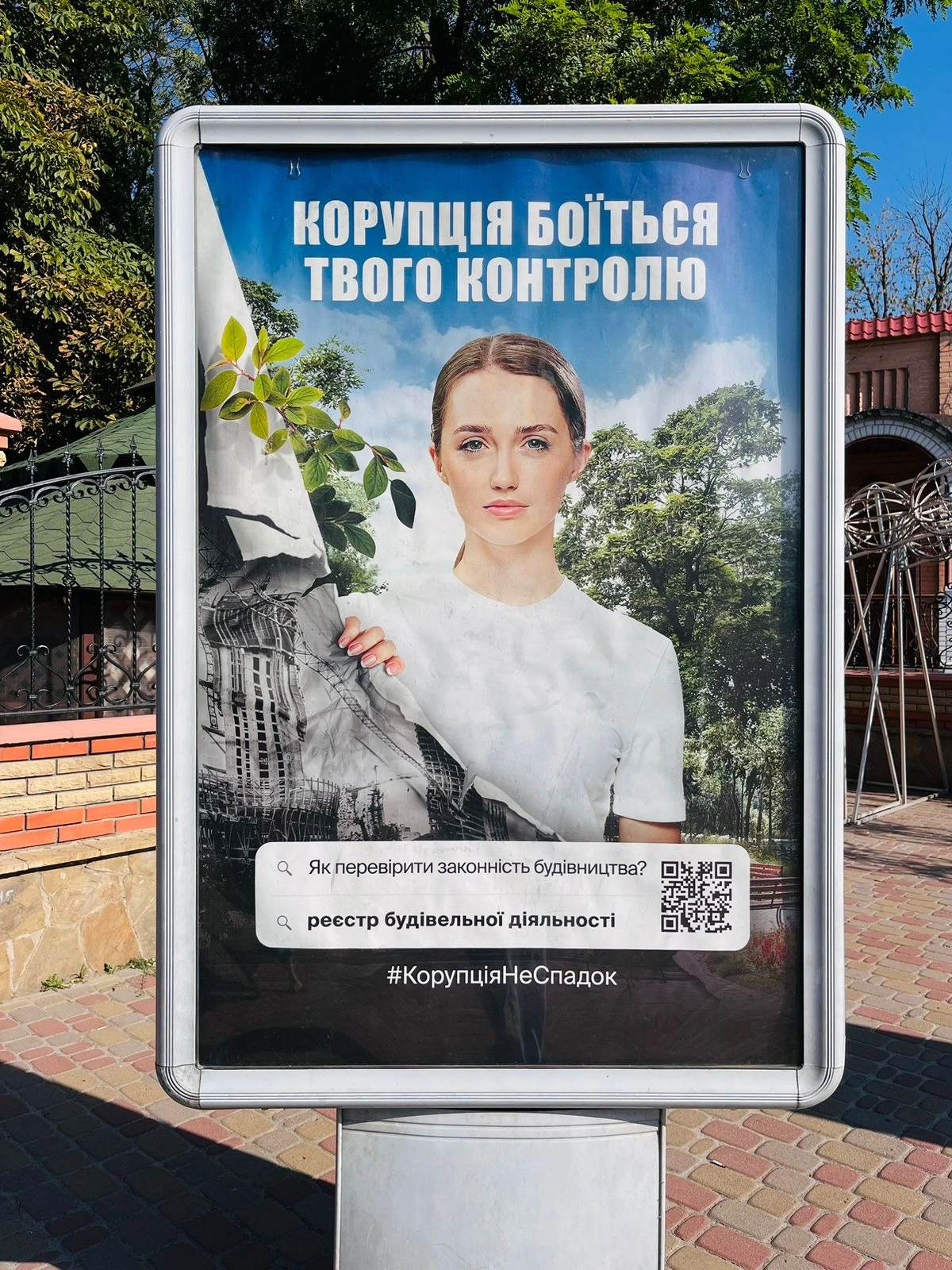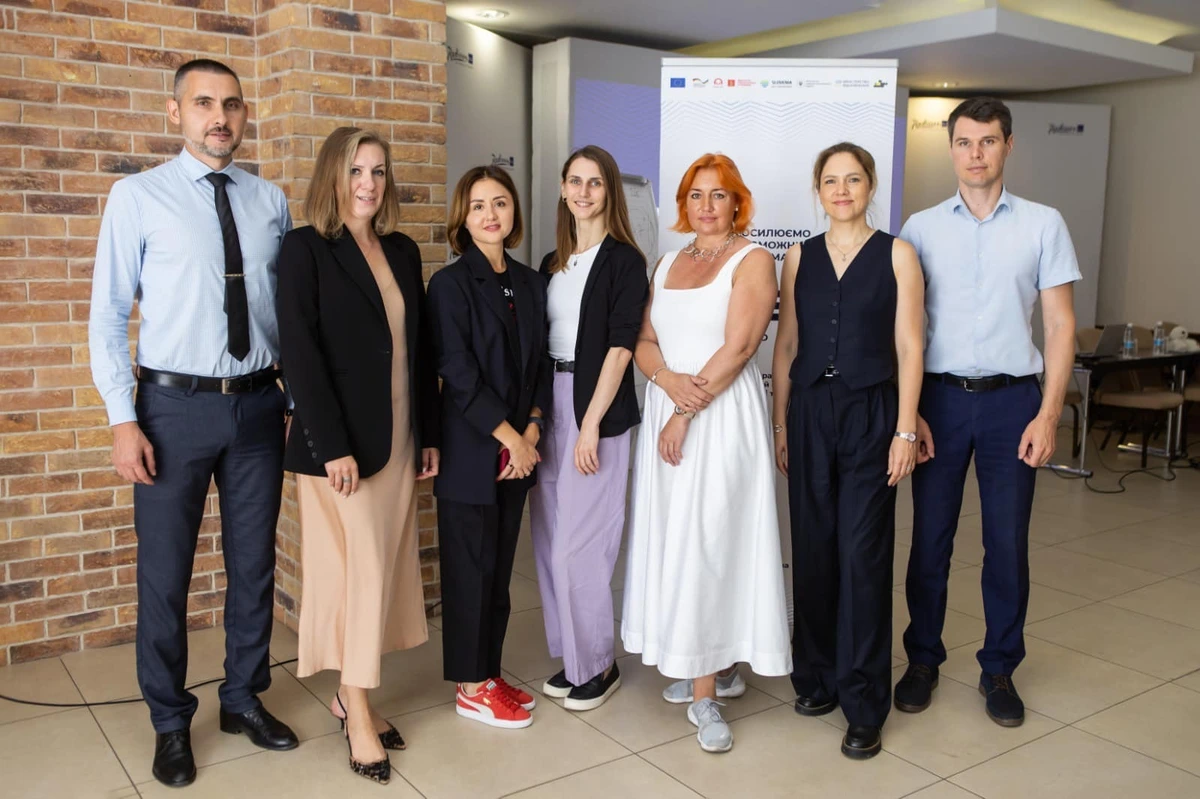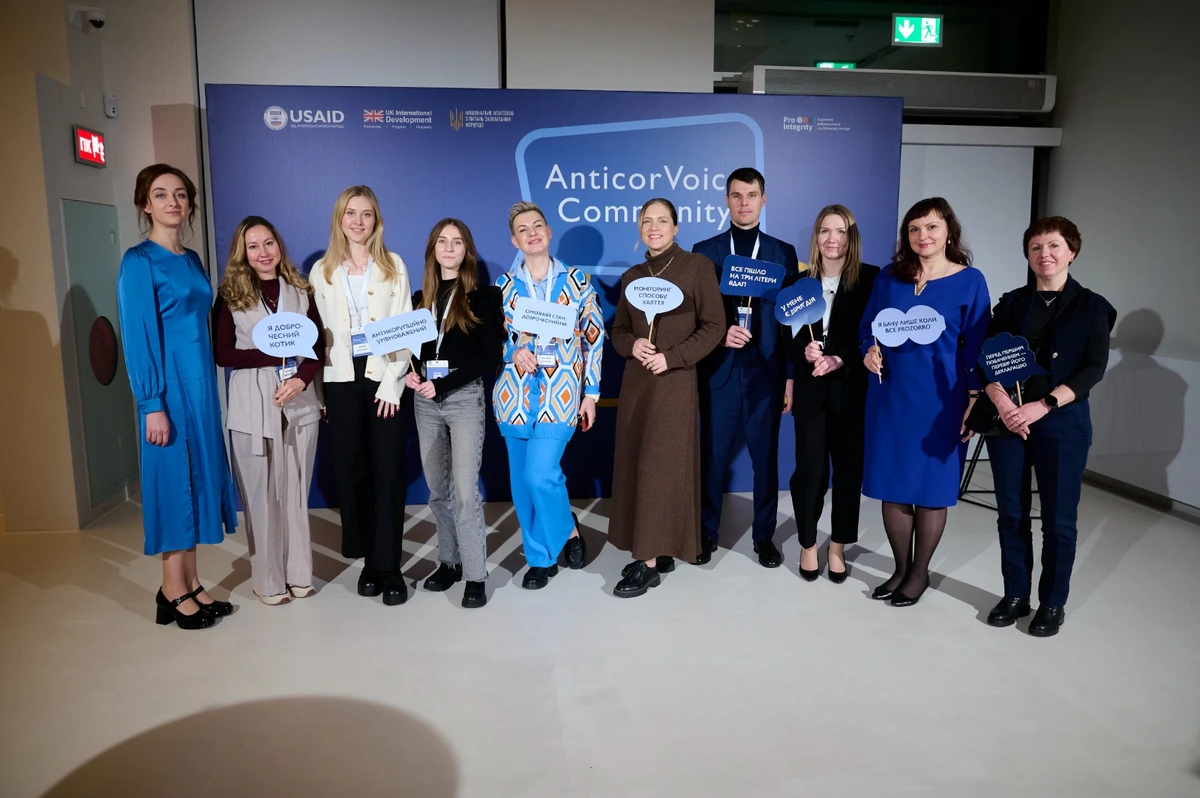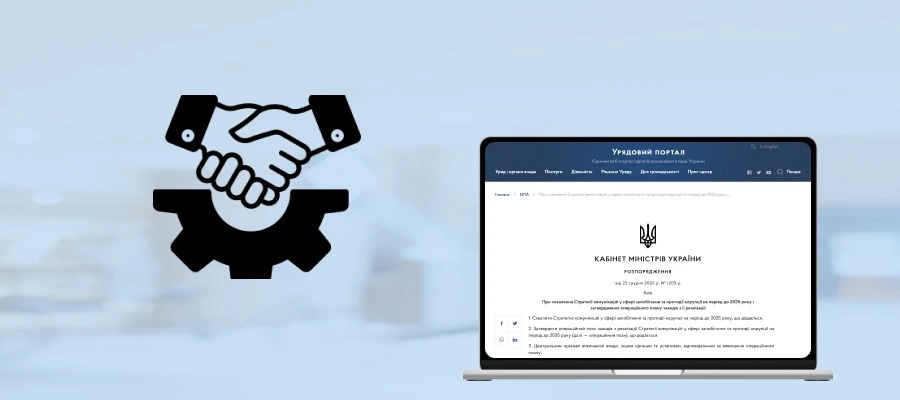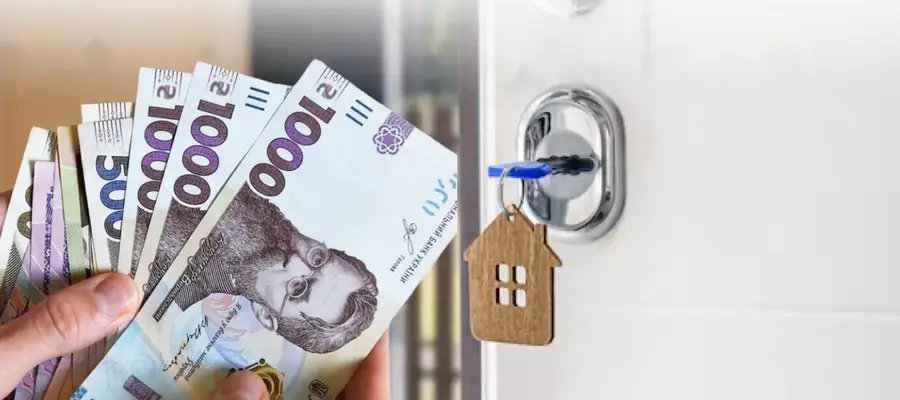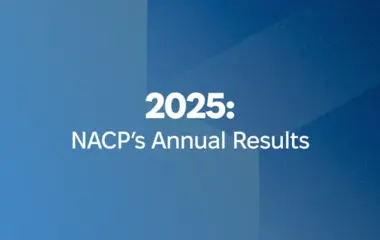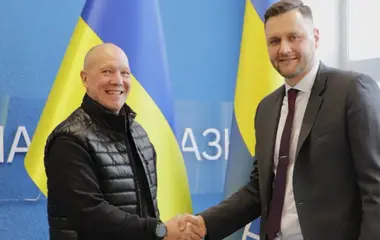A year ago, the Cabinet of Ministers of Ukraine adopted a decree “On Approval of the Communication Strategy in the Field of Preventing and Combating Corruption for the Period up to 2025 and Approval of the Operational Action Plan for its Implementation” (hereinafter - the Communication Strategy). This is the first strategic document to strengthen and synchronize anti-corruption communication of more than 100 authorities, institutions and organizations, and to systematically explain to citizens how the anti-corruption infrastructure works and how they can join the fight against corruption.
The main goal of the Communication Strategy is to change the social and political discourse by drawing attention to preventive anti-corruption measures. The strategy was developed to implement the State Anti-Corruption Program for 2023-2025 (SAP).
The strategic goals include increasing public trust in government anti-corruption initiatives; reducing tolerance to corruption and any of its manifestations; creating a communication infrastructure for the SAP, and ensuring effective interaction between its implementers and the public.
"We have created the basis for the systematic implementation of the state information policy aimed at changing the attitude of Ukrainians to corruption, broadening their perception of this topic and turning emotional conversations into constructive discussion and appropriate actions. To have a truly tangible effect, it is necessary to cooperate with all government agencies, which are each making efforts to increase transparency and integrity in their respective fields, as well as with experts, civic activists, media, and foreign partners. And most importantly, the involvement of Ukrainian citizens in the anti-corruption movement, because these efforts are aimed at improving the welfare of Ukrainians and creating a fair system of interaction between citizens and the state. Without active citizenship, the narrative about Ukraine as a corrupt country will not change. We are grateful to our partners and colleagues from the communication departments of all agencies, institutions and organizations who are working with us to break this stereotype and prove to the whole world, and above all to ourselves, that Ukrainians consciously choose to abandon corrupt practices and use only virtuous models of behavior,” said Olena Konoplia, Head of the Communications and Information Policy Department of the National Agency on Corruption Prevention (NACP).
What has been done over the year?
Information and awareness campaigns launched
NACP, together with its partners, has launched a number of awareness-raising campaigns on public oversight, the use of electronic services as alternatives to corrupt practices, corruption whistleblowing, and regular media events on anti-corruption and promoting integrity.
NACP launched a nationwide information campaign under the slogan “Corruption is not a legacy” dedicated to public control over the government as an important factor in preventing corruption with the support of the EU Anti-Corruption Initiative in Ukraine (EUACI). The campaign highlighted the tools of civic monitoring, control over government actions, and participation in decision-making. In particular, the possibilities of open data, public hearings, consultations, submission of electronic petitions and inquiries, the DREAM system, the electronic system in the field of construction, the portal “Budget for Citizens” (Open budget), Prozorro were popularized.
Also, videos (https://cutt.ly/1eREEqEP, https://bit.ly/4giTuQg) and campaign visuals were broadcast on three national channels: ICTV2, STB, New Channel, at railway stations in Kyiv, Lutsk, Lviv, Dnipro, in public transport in Khmelnytskyi, trains in Lviv and Kolomyia, Kharkiv subway, etc. More than 100 publications were distributed on their pages and web portals by central and local authorities. Citylights and billboards with relevant social advertising have been placed in 15 regions, and placement in other regions is planned for next year.
Pavlo Buldovych, Head of the Department for Coordination of State Information Policy on Corruption Prevention at the NACP's Communications and Information Policy Department, noted that it is important to involve citizens and civil society in government processes as much as possible. For example, it was public pressure that prevented the authorities from paralyzing e-declaration, contributed to the reform of the Ministry of Internal Affairs service centers, etc. This is evidence of the growing influence of citizens, so the NACP is constantly working with partners to disseminate public control tools that will help engage citizens in decision-making, including at the local level.
In partnership with Ukrainian Radio, we launched an information campaign on electronic services as alternatives to corrupt practices. The project included a series of interviews with government officials about digital services and other anti-corruption reforms.
Documentaries about corruption
The documentary film "Large-scale corruption in Ukraine: How to destroy the evil? ” tells about the cause and effect of the spread of corruption in Ukraine, high-profile cases, corruption at state-owned enterprises, Ukraine's progress in preventing corruption, etc. The film disproves many of the established myths about corruption that Ukrainians are used to talking about.
The video was created by the educational project “The Price of the State” of the CASE Ukraine think tank in partnership with the NACP and with the support of the EU Anti-Corruption Initiative (EUACI). In 2025, another documentary film, After the Era of Silence, produced by Hromadske with the support of EUACI, will be presented.
Communication infrastructure of the authorities implementing the State Action Plan and the Strategy was created
Over the year, we managed to unite the efforts of government communications specialists in covering anti-corruption reforms and initiatives, and to create a communications infrastructure for the implementers of the ANP and the Communications Strategy, which includes more than 100 communications specialists and anti-corruption commissioners.
The first meeting, which identified key priorities for cooperation and areas of interaction, implementation of awareness-raising campaigns, and creation of information materials, took place on December 21, 2023.
During the second coordination meeting held on April 19, 2024, representatives of the State Border Guard Service of Ukraine, the National Police of Ukraine, and the National Health Service of Ukraine shared their experience in communicating anti-corruption topics.
On July 24, 2024, the third coordination meeting was held with the communicators of the implementing agencies of the APA and the Communications Strategy. The NACP noted the best practices of anti-corruption communication of public authorities. In particular, the campaigns to promote the institution of whistleblowing implemented by the State Border Guard Service of Ukraine, the implementation of anti-corruption practices in public procurement and healthcare services (National Health Service of Ukraine), the promotion of integrity in the public sphere (National Agency for Civil Service) and the introduction of integrity and ethical behavior among employees of the Ministry of Internal Affairs of Ukraine.
The results of the implementation of the Communications Strategy for the year were summarized on December 19, 2024, during the forum “Synergy of Anti-Corruption Communications: Results of 2024, Challenges and Plans for the Next Year”, which brought together representatives of communications departments and anti-corruption authorities, journalists, media experts, public activists and representatives of international technical assistance projects. The teams of the State Logistics Operator, the Asset Recovery and Management Agency, the Ministry of Social Policy of Ukraine, the Ministry of Digital Transformation of Ukraine, the Ministry of Community and Territorial Development of Ukraine, and the National Police of Ukraine were recognized for their active participation in the implementation of anti-corruption information campaigns.
Research
Throughout the year, NACP and its partners monitored narratives related to preventing and combating corruption in the information space and provided response to the spread of disinformation; created a number of analytical reports based on the results of the media field study.
In partnership with the Center for Strategic Communications and Information Security, a study “Identification and Analysis of Russian Information Threats on Corruption in the Ukrainian Media Space” was prepared.
Educational activities
On March 12, 2024, the NACP, together with the NGO “Together Against Corruption”, held an open meeting with the media “From Punishment to Prevention: the Need to Change the Social and Political Discourse on Fighting Corruption”. The NACP also held a number of public events during the year, including public monitoring of the implementation of the LAP jointly with the NGO StateWatch and Together Against Corruption. Representatives of the NACP's communication team held educational events for youth and business representatives in partnership with the Civil Network “OPORA”, CASE Ukraine think tank, UNDP experts, etc.
On the eve of the Community Integrity Forum, a session on strategic communications for communities was held for the first time in cooperation with the RM-Team project and with the support of the U-LEAD with Europe program. Due to a great demand from the communities, it was decided to create a training video course “How to Talk Clearly about Anti-Corruption and Integrity for Communities” (the first parts of the course are available here).
In addition, NACP independently and in cooperation with partners developed and disseminated educational materials on combating domestic corruption, including a cartoon series produced in partnership with GIZ and Suspilne, on exposing corruption and the competence of law enforcement agencies in investigating corruption cases, etc.
These are the key results of the Communications Strategy implementation in 2024. Next year, NACP, together with its partners, will continue to implement awareness-raising activities and campaigns to help reduce tolerance to corruption, raise public awareness of anti-corruption services and practices, and promote a culture of whistleblowing and integrity.
